Products
-
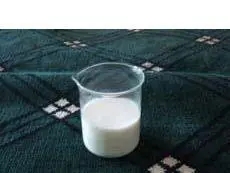
FUZZING AGENTS
This product is a weak cationic surfactant, non-toxic, acid resistant, alkali resistant and hard water. It is used as a raising and buffing agent for cotton, linen, knitted fabrics, polyester and cotton blends. After treatment, the fiber surface is smooth and the fabric is loose. After being brushed by a steel wire raising machine or a sanding roller, the short, even and dense fluff effect can be obtained. It can also be used as a soft finishing for post finishing, which makes the product feel smooth and plump. It is not easy to cause needle holes during sewing.
-
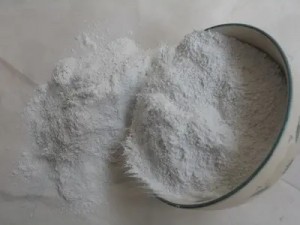
BULKY AGENTS
Make the textile smooth and elastic.
-
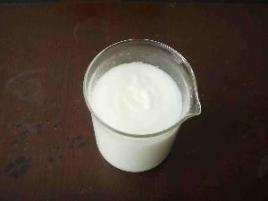
SILICONE SOFTENERS
Softener is a compound of organic polysiloxane polymer and polymer, which is suitable for the softness of natural fiber textiles such as cotton, wool, silk, hemp and human hair.
Organosilicon finishing aids are widely used in fabric finishing. The additive can not only deal with natural fiber fabrics, but also deal with polyester, nylon and other synthetic fibers. The treated fabric is wrinkle resistant, stain resistant, anti-static, pilling resistant, plump, soft, elastic and shiny, with a smooth, cool and straight style. Silicone treatment can also improve the strength of the fiber and reduce wear. Silicone softener is a promising softener, and also an important auxiliary to improve product quality and increase product added value in textile printing and dyeing process
-

SPECIAL PRINTING ADDITIVE & OTHERS
Special printing additive refers to chemicals used in textile dyeing and finishing process to improve processing efficiency and quality, or to endow textiles with certain special functions.
-
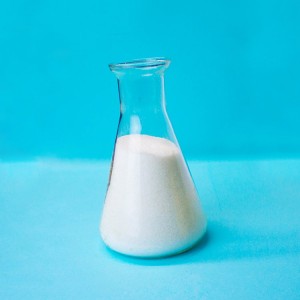
Binders
Used for adhesion of textile printing paint
-
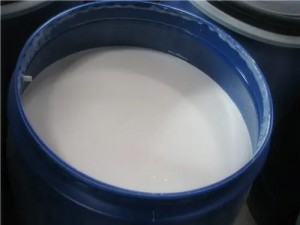
THICKENERS
Printing thickener is a kind of chemical additive widely used in printing industry. Glue and color paste will be used in the printing of textile industry. At the same time, because the high shear force during processing will reduce the consistency, a thickener will be used to increase the consistency of the printing material. At this time, a printing thickener will be used.
Printing thickeners are mainly divided into two categories, namely non-ionic and anionic. The molecules are mainly polyethylene glycol ethers. Anions are mainly polymer electrolyte compounds. Printing thickeners are widely used in textile printing and dyeing, coatings, ink and other industries.
-
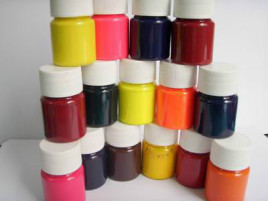
Dyeing auxiliaries-Blended fabric
1.LEVELING AGENTS
2.OTHERS
-
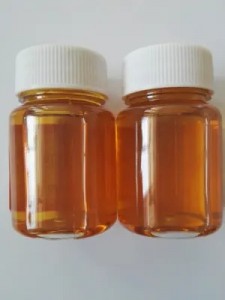
Dyeing auxiliaries-Acrylic
Suitable for acrylic fiber and its blends in dyeing process. Excellent retarding property, can improve levelness. Small achromaticity; high color yield.
-
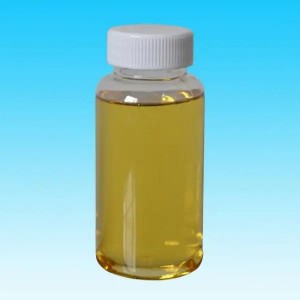
Dyeing auxiliaries-Nylon
1.LEVELING AGENTS
2.FIXING AGENTS
-
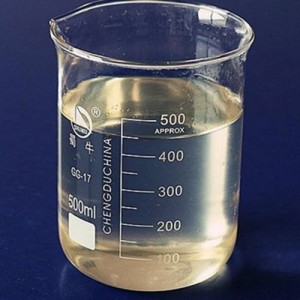
Dyeing Auxiliaries-Polyseter
1.LEVELING AGENTS
2.CARRIER
3.REPAIRING AGENTS
4.REDUCTIVE CLEANERS
-
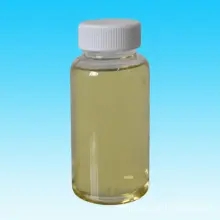
DESIZING AGENTS
1.TRANSIGEN JD-127A
2.TRANSIGEN JD-127B CONC.
3.TRANSIGEN JD-127C
4.TRANSIGEN JD-127K
5.TRANSIGEN JD-127HB
6.TRANSIGEN JD-121D
7.TRANSIGEN JD-121K
-
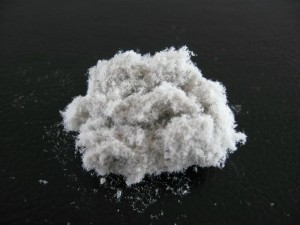
Dyeing auxiliaries-Cellulosic fiber
1.LEVELING AGENTS
2.ALKALI SUBSTITUTE
3.SOAPING AGENTS
4.FIXING AGENTS

